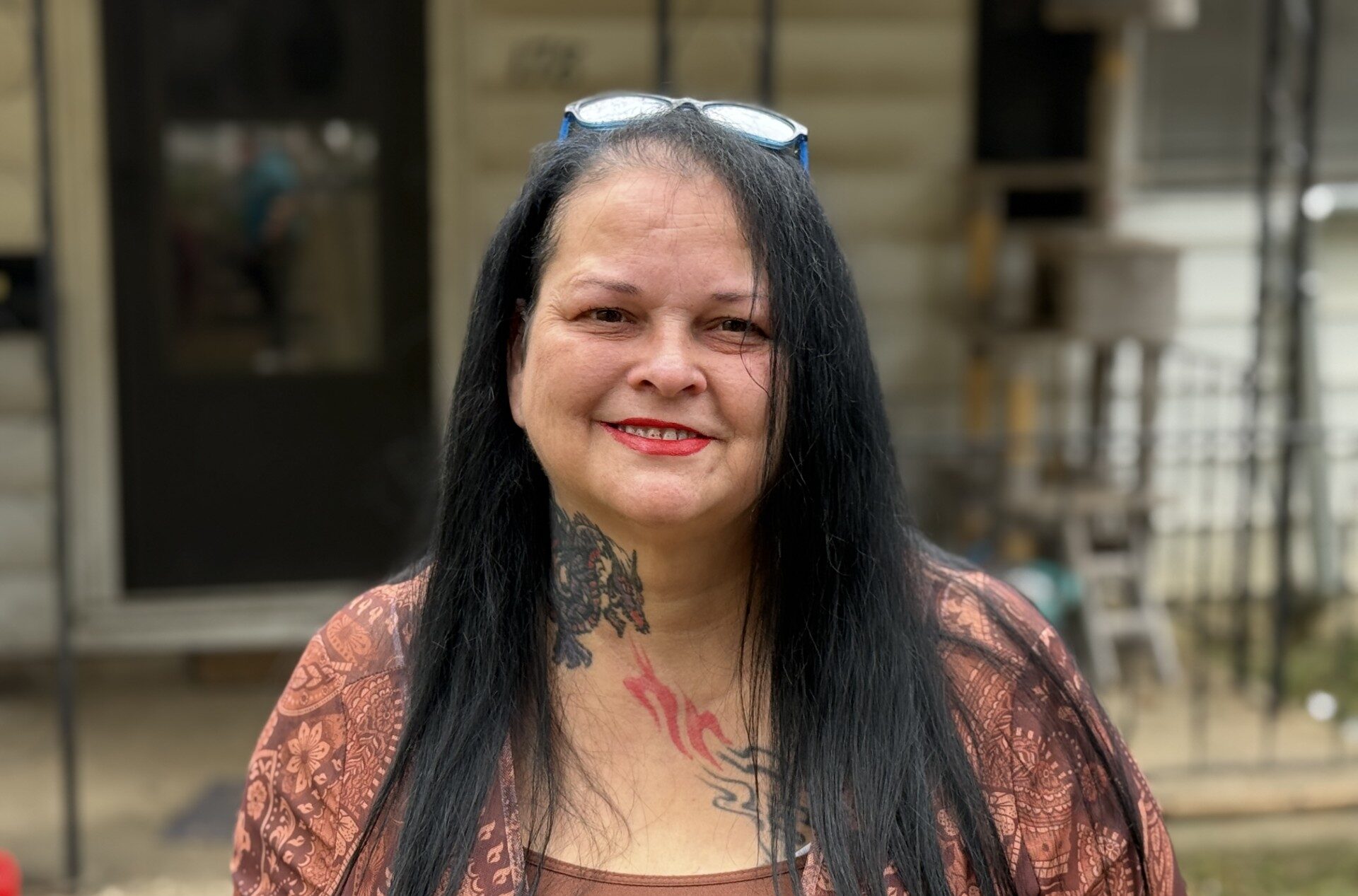New York, NY | May 22, 2025 — A powerful new documentary, Returning Home: Prison, Homeless, or Housing? The Choice That Changes Everything explores innovative Ohio reentry programs that create second chances, prevent recidivism, and build safer communities.
Produced by CSH in collaboration with Invisible People, Returning Home premiered this week on YouTube and features candid interviews with supportive housing tenants, including those once on death row, as well as the case managers and landlords who support second chances. Prisons discharge people after serving their sentence often without an ID, job, or a home to return to, and the film reveals what happens in communities that prioritize housing and services to reduce street homelessness and the homeless-to-prison cycle.
“At a time when communities are grappling with rising homelessness, shrinking budgets, and a shortage of affordable housing, Returning Home delivers a clear message that supportive housing works,” said Deborah De Santis, President and CEO of CSH. “Time and time again, we have proven that supportive housing makes the difference in helping people thrive while being cost-effective. This film is a call to action for policymakers to invest in what truly makes communities safer and stronger.”
The film highlights CSH’s innovative Returning Home Ohio (RHO) and Community Transition Program (CTP), administered in collaboration with the Ohio Department of Rehabilitation & Correction and the Ohio Department of Mental Health & Addiction Services. With a recidivism rate of just 3% for tenants supported by RHO and 1.4% for those in CTP, the results prove that supportive housing is effective at helping people stay housed long term and prevents them from engaging in criminal activity thereby making communities safer.
“We are grateful to our Ohio agency, housing, and services partners who have helped more than 2,300 people find stable housing and avoid returning to prison,” said Leah Werner, Director of CSH’s work in Ohio, Kentucky, and Tennessee. “As I say in the film, ‘providing access to housing and services is the formula.’ These programs prove that when we invest in people, we reduce recidivism and rebuild lives.”
The film premiered on YouTube on May 21.
Watch the trailer and learn more at: https://csh.org/returninghomefilm
Media Contact: Jesse Dean, CSH, [email protected] | 347.931.0132
###

